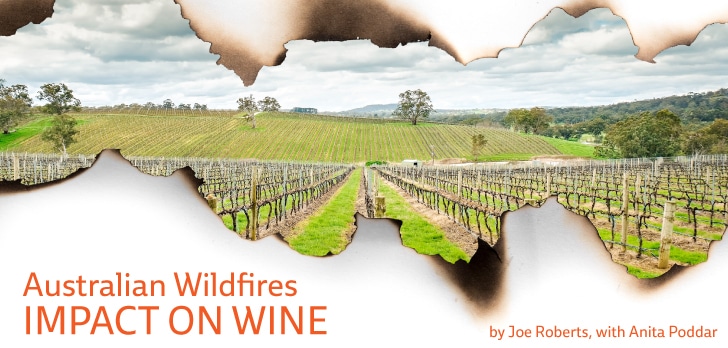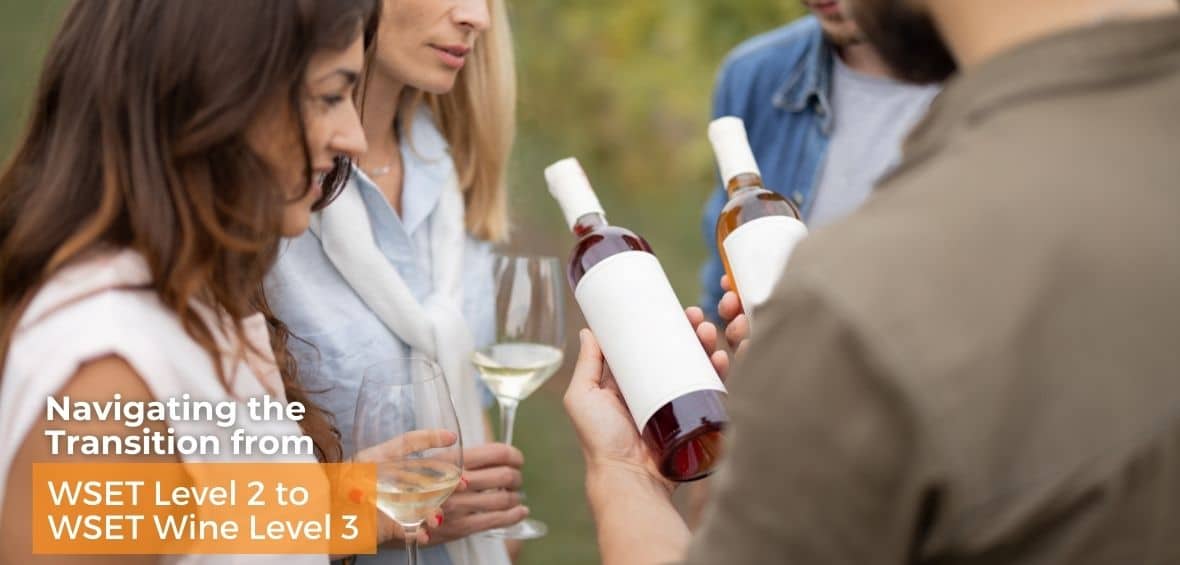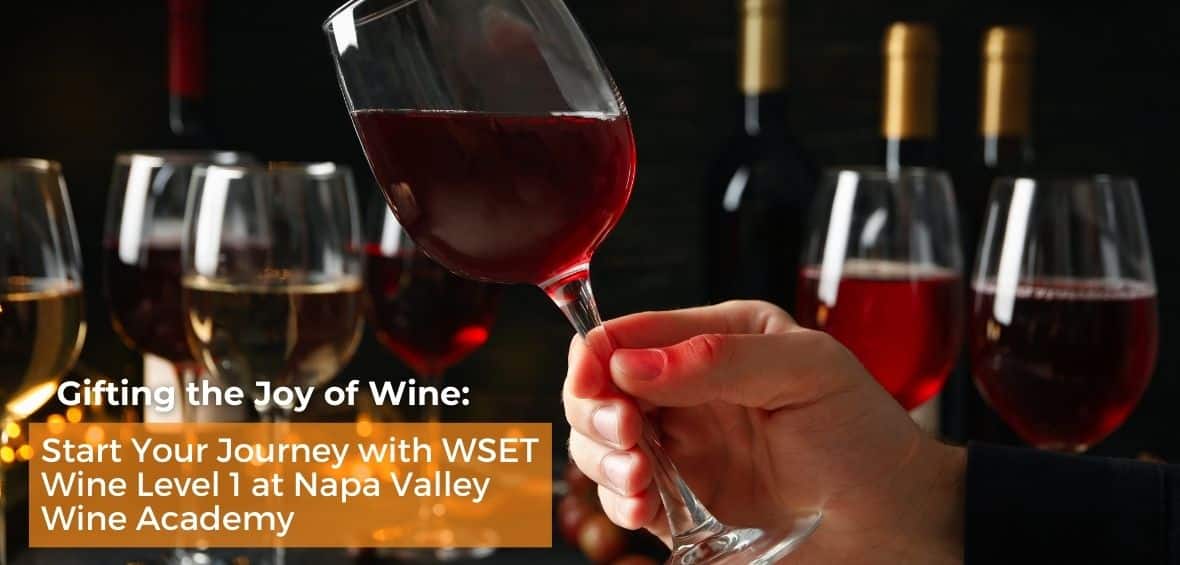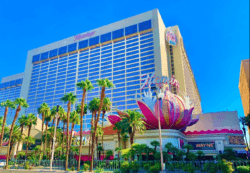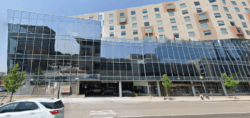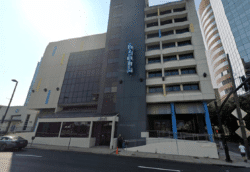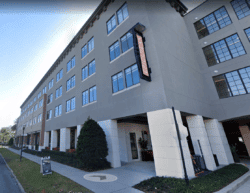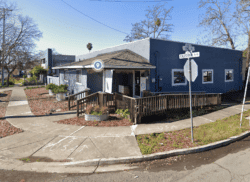How the Australian Wildfires has Impacted the Wine Industry
Story by Joe Roberts
It was a tragic event that dominated the international news cycle for months: several wildfires erupted in Australia, burning with unprecedented scope and rapidity from November 2019 to February 2020. Among the regions devastated by the fires was New South Wales, one of Australia’s main winegrowing areas.
According to Joe Czerwinski, who covers Australia (among other regions) for Robert Parker’s The Wine Advocate, the Australian wine industry, fortunately, avoided what could have been much higher levels of potential ruin from the wildfires. “My impression is that aside from Adelaide Hills and New South Wales,” Czerwinski noted, “the effects are limited. Maybe some parts of Victoria as well. The Islander Estate on Kangaroo Island was hit hard. But the volume-producing regions of South Australia seem pretty unaffected.”
To get a sense of how the Australian wine sector has fared since the literal and figurative smoke from the country’s wildfires has cleared, we turned to Anita Poddar, Corporate Affairs Manager for Wine Australia. Poddar not only provides an update on the impacts of the wildfires, but also elucidates what is being done to assist the wine regions most affected, just what Australian wine lovers can expect as a result, and what we can do to help.
Napa Valley Wine Academy (NVWA): What has the impact of the Australian wildfires been on the Australian wine industry?
Anita Poddar (AP): At the moment there are no official figures on how many hectares of vineyards have been lost—nor the value to the industry. Partly because the assessment process involves waiting to see how vines recover not just from the immediate and apparent effects of fire but also the searing heat… so an accurate tally will take a couple of months. We know that less than one percent of Australia’s total vineyard footprint of about 146,000 hectares was affected by fires… because we took our National Vineyard Scan data and combined that information with fire footprint maps from fire-fighting agencies in SA, Victoria and New South Wales. Not every vineyard within those broad fire footprints has been affected.
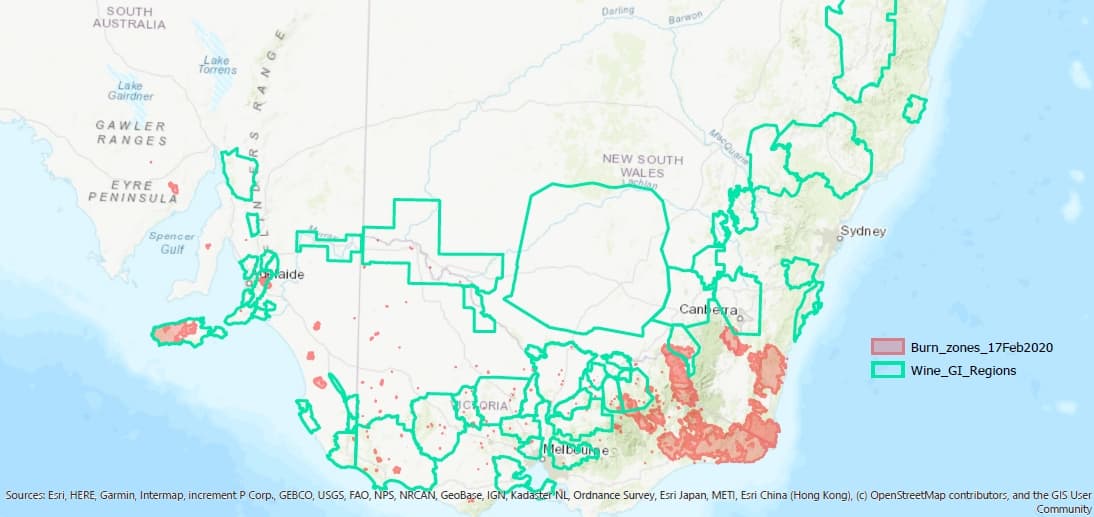
NVWA: What’s being done to assist recovery for the Australian wine industry?
AP: The Adelaide Hills region was perhaps the worst affected by fire, although Kangaroo Island, Tumbarumba and some vineyards in north-eastern Victoria were [also] damaged. While the region was badly affected and individuals suffered dreadful losses in the way of vineyards, plant, and stock—it was only part of the [Adelaide Hills] region. Despite the fires the region is enormously resilient and staged a spectacularly successful Crush festival in March. In terms of help for affected growers, we’ve put together a page [https://www.wineaustralia.com/fire-recovery ] that lists help available for growers and winemakers and also some of the charities that are assisting. The Australian Wine Research Institute has been running workshops to help growers deal with damaged vineyards. We’ve got some resources on our website: https://www.wineaustralia.com/fireandsmokeassessment.
Unfortunately, Australia does have previous experience with fires and thus Wine Australia (we are responsible for investing in research and development on behalf of the wine sector, as well as regulation and promotion) has been investing in research into the impact of fire exposure on grapes for many years. From our studies, we know that fresh smoke, lingering, close to ripening has the greatest impact. We have laboratory tests that can identify the key elements that create ‘smoky’ flavors. State governments in South Australia, Victoria and NSW are providing support and assistance with testing costs.
NVWA: What should consumers of Australian wines expect in terms of the impacts? E.g., lower availability, potentially higher prices, smoke taint or other issues?
AP: At a broad level the fires and smoke issues will not have a significant effect on Australia’s wine production. There is no reason to anticipate a significant price hike due to fire and smoke issues. We know some wineries in the Hunter and around Canberra will not be producing a vintage this year or will be reducing production dramatically, but given the relatively small footprint of the fire/smoke affected regions we anticipate that the total impact on vintage will be less than normal seasonal variation.
At this point, it is still too early to tell what the full impact from smoke will be. Wine Australia has estimated that the combination of fire and smoke damage will amount to losses of around 4 percent, of our average national tonnage, or around 60,000 tonnes. The impact varies so enormously depending on the freshness of the smoke, proximity to the fire, duration of exposure, geography, weather, and wind direction, that it is hard at this stage to make regional assessments as it is nearly vineyard by vineyard. At the moment the Hunter Valley and Canberra are among the regions most significantly impacted by smoke as they were closer to vintage and the impact of smoke is greater as grapes ripen. There are other regions at risk including obviously, parts of the Adelaide Hills, Tumbarumba in New South Wales and the north-eastern Alpine regions in Victoria but as they are still some weeks away from vintage (ironically despite the dry conditions that led to the fires we are having an exceptionally cool summer and now autumn so vintage is a little later than usual) we are not sure whether they will be affected.
NVWA: Everything we’ve discussed is about impacts on the 2020 vintage.
AP: Exactly. The 2020 vintage would not be available until 2021 at the earliest in most cases. Many wineries [that don’t produce a 2020 wine] will cover with reserve stocks. They’ll still be selling wine but just won’t have a 2020 vintage. Wine Australia, federal, state and regional wine organizations are working together to ensure that growers in areas close to fires that have exposed grapes to smoke are able to get their grapes tested before picking, so they can decide whether or not to harvest them to make wine. Hence, it is possible to ensure that wine quality is protected.
It’s pretty unlikely that anyone is going to be selling smoke affected wines – fire is, unfortunately, a regular part of an Australian summer and just about every wine region in Australia has at some time had a brush with blazes, however in close to forty years of drinking mostly Australian wines I have never tasted a smoke affected wine. There’s a lot of micro-ferments and lab testing going on to ensure that affected fruit is not being used for winemaking.
NVWA: What can the global wine community do to help in the recovery?
AP: The best way to help the Australian wine sector recover from a pretty challenging start to 2020 is to celebrate our resilience with a lovely glass of Australian wine!

